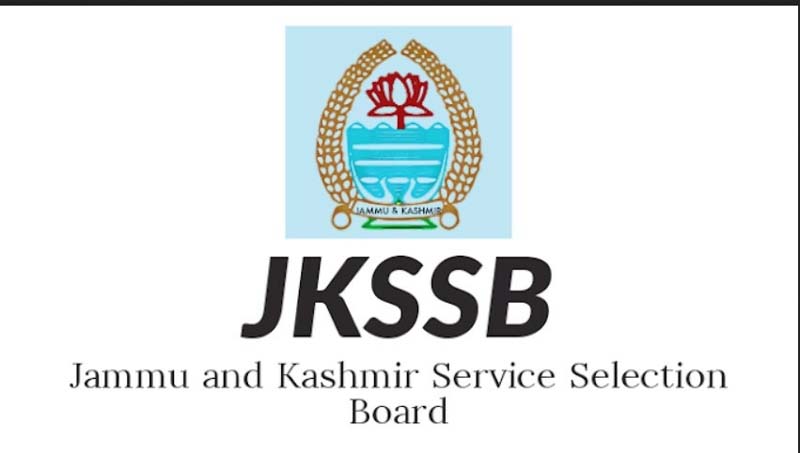‘Marks, ACRs, professional records exempted from disclosure’
Says conduct of PIO not in accordance with RTI Act
Mohinder Verma
JAMMU, May 5: In a decision which will act as eye-opener for several Public Authorities, the Central Information Commission (CIC) has admonished the Services Selection Board (SSB) of Union Territory of Jammu and Kashmir for providing personal information of third parties in blatant violation of the explicit provisions of the Right to Information (RTI) Act, 2005.
As per the case before the Central Information Commission, an application was filed under RTI Act before the Public Information Officer (PIO) in the office of the J&K Services Selection Board on November 12, 2021 seeking information vis-à-vis OMR sheets of some applicants with regard to Advertisement Notification dated 01/2020.
Having not received any response from the PIO, the appellants filed First Appeal on January 14, 2022 and aggrieved over alleged non-receipt of information, they approached the Central Information Commission with the Second Appeal on March 26, 2022.
During the course of hearing, Pulkit Dutta, Under Secretary and present PIO in the office of J&K Services Selection Board submitted before the Commission that the relevant information sought in the RTI application has been furnished to the appellants by the then PIO vide letter dated June 29, 2022.
On a query by the Commission on whether the First Appeal has been adjudicated or not, the respondent submitted that the First Appeal had been adjudicated by the First Appellate Authority on September 16, 2022.
The Commission was apprised through written submission by Under Secretary and PIO vide letter dated April 13, 2023 that First Appeal was disposed off by the First Appellate Authority wherein it was mentioned that the information stand already provided to the appellants by the PIO.
Keeping in view the facts of the case and the submissions made by the respondent, the Commission observed, “the appellant in the instant RTI application has sought OMR sheet of third parties and the then PIO has provided the same to the appellant. It appears that there is nothing on record which shows that the appellants are authorized by the third parties to collect their OMR sheets from the respondent”, adding “hence, the appellants are not entitled for OMR sheets of third parties being their personal information and the same is exempted from disclosure under Section 8 (1) (j) of the RTI Act”.
As the lackadaisical conduct of the respondent was not in accordance with the provisions of the RTI Act, the Central Information Commission admonished the then PIO of J&K SSB for providing personal information of third parties to the appellants without application of mind. “The PIO should acquaint himself with the provisions of the RTI Act”, read the decision pronounced by Chief Information Commissioner Y K Sinha, the copy of which is available with EXCELSIOR.
Pointing towards the judgment of the Supreme Court of India in the case of CPIO, Apex Court Versus Subhash Chandra Aggarwal Civil Appeal No.10044 of 2010, the Chief Information Commissioner said, “personal records including name, address, physical, mental and psychological status, marks obtained, grades and answer sheets, are all treated as personal information”, adding “similarly, professional records, including qualification, performance, evaluation reports, ACRs, disciplinary proceedings etc are all personal information”.
“Moreover, medical records, treatment, choice of medicine, list of hospitals and doctors visited, findings recorded, including that of the family members, information relating to assets, liabilities, income tax returns, details of investments, lending and borrowing etc are personal information”, the Commission said, adding “such personal information is entitled to protection from unwarranted invasion of privacy and conditional access is available when stipulation of larger public interest is satisfied”.
Not only PIO even the First Appellate Authority erred in handling the application and this clearly indicates that they were not aware of the provisions of the RTI Act.


